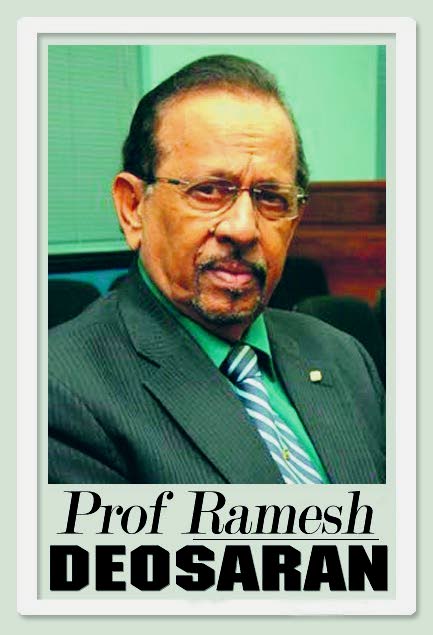News, perceptions or truth?

About two weeks before our August 10 election, one of our newspapers carried in its early page a bold, heavy-print headline, Arrests soon.
The issue was political corruption. Perceptions flared. Who was it? Fingers were pointed and names whispered.
Now, November 8, three months after, no one yet “arrested.” This so far is an “un-facted” perception.
What is the “truth?” This is one of several related news reports that show how perceptions are quickly aroused but leaving truth to be followed up. For how long? We do not know. What we do know is that through invoked suspicions and perceptions, many are found guilty before proven innocent.
Reading newspapers, listening to early-morning talk shows and evening television news have become fixed habits for thousands of our people. The hungry, impatient curiosity to know quickly about what’s happening around us is irresistible. It’s media addiction. And so there is pressure for the news media, especially with morning news, to produce something new, attractive and factual as possible. With this competitive rush, perceptions are created, quite often leaving facts for follow-up, in long suspension or never known.
Referring to the seven-month old police arrest of 16 people at a “covid19 party,” and the protracted delays by police in prosecuting the case, the Express editorial declared: “Yet another police case that opened with a bang has now closed with a whimper, leaving behind questions of police inefficiency and culpability in arrests that succeed only in shaming individuals without delivering an iota of justice.”
The names of those arrested were published, no doubt attracting salacious perceptions and character blemishes.
The presiding magistrate, Ms Sarah De Silva, complaining of police absence and insufficient documentation, dismissed the case last week. The “truth” remained suspended.
However, a day after, the police commissioner not only attacked the editorial but filed an appeal where, hopefully, another “truth” may emerge in time. Meanwhile, perceptions, friendly or unfriendly, create their own reality.
Then there is this widely-reported DSS big money controversy. Questions arose: is it legal? What did the police do, how was a Defence Force soldier involved and why?
Self-interested explanations cancel one another. Closure in newsworthy suspension. Meanwhile, suspicions and incriminating perceptions remain attractively alive.
Take the Petrotrin sale issue. With widespread media coverage, early promises and a recent decision to reject the OWTU proposal, it all seemed settled.
Faced with media-driven appeals, another review was ordered that keeps finality in suspension. Published explanations differ.
What happens in this unexpected, expanded space? Various perceptions, ranging from friendly to unfriendly, would govern media coverage.
A 49-year-old man was fatally swept away last week by heavy floods in Williamsville. Maybe he didn’t have the sense to “adapt” as advised by a senior official of the Office of Disaster Preparedness (ODPM) and Management. For several reasons, flooding in those parts has long become a very regular and widely reported disaster but without effective remedy. The regional corporation and its disaster management unit said it’s not them to blame, ODPM said same thing.
However, councillor for the area, Chris Hosein asked government to “have a heart and do what must be done to ensure that this problem does not persist.”
He added: “People in this area are traumatised every time there is rain. Despite numerous requests to the Ministry of Works and Transport to have the Guaracara River properly cleaned, it has not been done.
“Why does Government continue to neglect the people in these areas?” he asked.
Minister of Rural Development and Local Government Kazim Hosein could only say the regional corporations were on “high alert.”
All this widely, repeatedly and thankfully reported by the media. Until the next flooding.
Who is really responsible and accountable? This example is a fact-based perception, since government neglect over repeated flooding, broken drains and illegal buildings has been well documented. The deluge of broken drains, landslides, illegal walls and buildings and flooding continues with dramatic stories, great grief, regular promises, no remedy and perceptions of government discrimination.
These recent illustrations suggest how much of what we think we know, of what we read or hear, is generally perceptions awaiting truth. If or when truth appears, it will likely lie in the eyes of the perception-possessed beholder.


Comments
"News, perceptions or truth?"